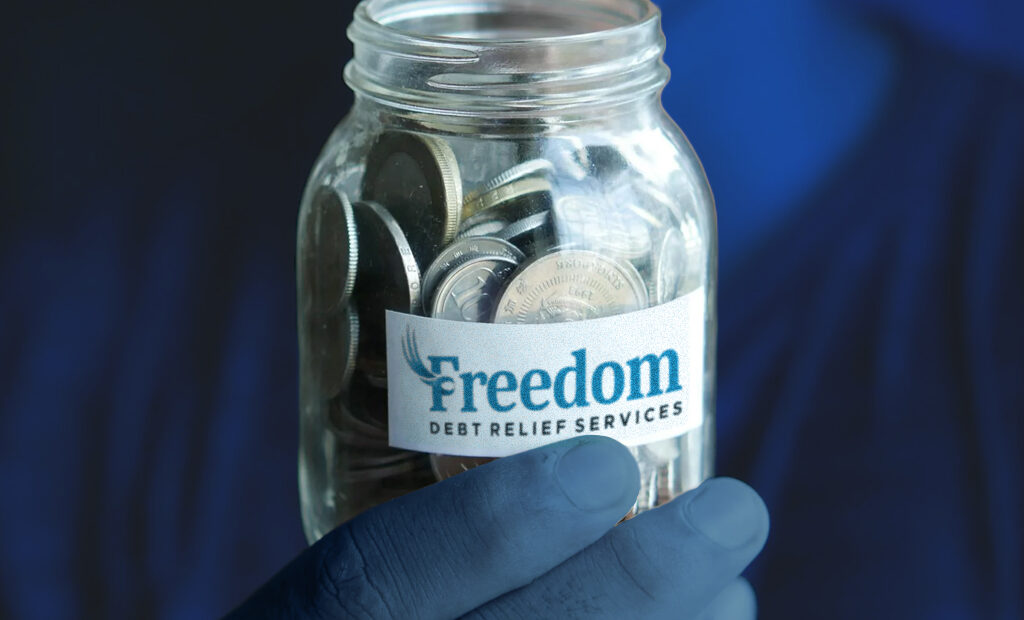When most people think about debt, they think about numbers—balances, interest rates, minimum payments. But debt doesn’t just live on your credit report. It lives in your body, in your mind, and even in your closest relationships.
The truth is, debt isn’t just financial—it’s emotional, physical, and relational. And until you deal with it, the ripple effects will touch every part of your life.
1. Debt and Mental Health: A Silent Burden
Debt is one of the most common causes of anxiety and depression. Studies consistently show a strong link between financial struggles and mental health issues.
- Anxiety: Constant worry about bills, collectors, and deadlines keeps your body in fight-or-flight mode.
- Depression: Feeling trapped in a cycle of debt can lead to hopelessness, shame, and even isolation.
- Sleep Problems: Late-night tossing and turning over how to “make ends meet” can rob you of rest, leaving you exhausted and irritable.
Debt isn’t just about money—it’s about the mental weight that never goes away.
2. The Physical Toll of Financial Stress
Financial stress doesn’t stop in the mind. It translates into real, physical health problems. Chronic stress from debt has been linked to:
- High blood pressure
- Weakened immune system
- Headaches and migraines
- Digestive problems
- Increased risk of heart disease
Your body interprets financial stress the same way it would a physical threat. Over time, that constant stress can shave years off your life.
3. The Strain Debt Puts on Relationships
Money problems are consistently ranked as one of the leading causes of divorce and relationship breakdowns. Why?
- Debt creates constant arguments over spending, saving, and priorities.
- Partners may feel resentment if one person brings more debt into the relationship.
- Financial secrecy (“financial infidelity”) erodes trust.
- Couples may feel unable to dream about the future—buying a home, traveling, or retiring—because debt dictates every decision.
Even friendships and family ties can be strained by borrowing, lending, or the embarrassment of financial struggles.
4. The Emotional Rollercoaster of Debt
Living in debt means living in constant tension:
- Guilt for spending money, even on necessities.
- Shame from avoiding phone calls and unopened bills.
- Fear of what might happen if you lose your job or face an emergency.
This emotional burden can cause people to withdraw from loved ones, hide the truth, or make poor financial decisions out of desperation.
5. Breaking Free: Healing More Than Just Your Finances
Here’s the good news: when you start taking steps to deal with debt, the benefits go far beyond money.
- Mental relief: Peace of mind returns when you know there’s a plan.
- Physical health: Lower stress improves sleep, energy, and overall wellness.
- Stronger relationships: Transparency, teamwork, and progress rebuild trust and intimacy.
Debt doesn’t have to define your health or your relationships. Facing it head-on creates freedom not just in your wallet, but in your life.
Final Thoughts: True Wealth Is Health + Love
Debt steals more than dollars—it steals peace, health, and connection. But freedom from debt gives you the ability to show up fully for yourself and for the people you love most.
👉 If debt is weighing on your life and relationships, remember: you don’t have to carry it alone. With the right strategy and support, you can release the burden and create space for health, joy, and lasting love.





